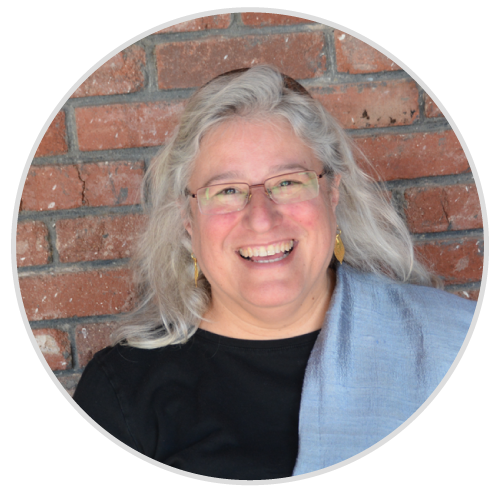El Paso, Texas
Lauren is a manual therapist & neuroscientist. Her path towards manual therapy started when she was looking to reduce the stress of pursuing a PhD in neuroscience at the University of Virginia, and while doing a post-doctoral fellowship at Colorado State.
Intrigued by how effective light touch manual therapies such as craniosacral therapy are at stress relief, she left academia to learn manual therapies from the ground up, and to investigate mechanisms by which they work. Becoming a licensed massage therapist yielded the experience needed to better understand what she had experienced as a client, while her previous life in neuroscience informed her new focus: techniques focused on the nervous system, which she often uses to help people with brain injury in her El Paso-based private practice.
Now 59, Lauren feels sharp. She hasn’t experienced any natural cognitive loss, nor has she had an injury or condition that affects brain health. She started doing BrainHQ purely out of professional interest.
On advice from a former mentor, Lauren picked up Norman Doidge’s The Brain That Changes Itself, which dives into BrainHQ co-founder Mike Merzenich’s work on brain plasticity. That led her to BrainHQ. Impressed with the research and robust results, she decided to try it. “The games were fun, and I just got into it,” she says. “They were challenging, almost addicting…and I was surprised to notice changes in how my brain worked!”
What did she notice? Here’s a story she tells: “About a month after I started doing Brain HQ, I had an old pair of nail clippers that fell into pieces. I gathered the pieces in my hand and was thinking, can I figure out how to put this back together or should I just buy a new one. While I was looking at the pieces, I got this clear picture in my mind of the proper orientation of each piece in order to reassemble the clippers. Everything just fell into place, and it took me only about 30 seconds to put it together! It was almost weird.” In general, she finds it much easier to solve problems with multiple steps. “The solution comes into my head, step by step, but almost instantaneously,” she says.
There are other benefits to having a faster, sharper brain. “I was considered a funny person when I was younger,” Lauren recalls. “I did notice I had become less funny, but I figured that there was just too much going on in life with career and family to make jokes. Since I started BrainHQ, though, the jokes I’m making are more clever. It’s like there’s enough time in my brain to figure out some amusing aspect of what’s going on.”
Lauren’s story shows that BrainHQ isn’t just good for those who want to recover or maintain cognitive performance—even the sharpest among us can benefit!

